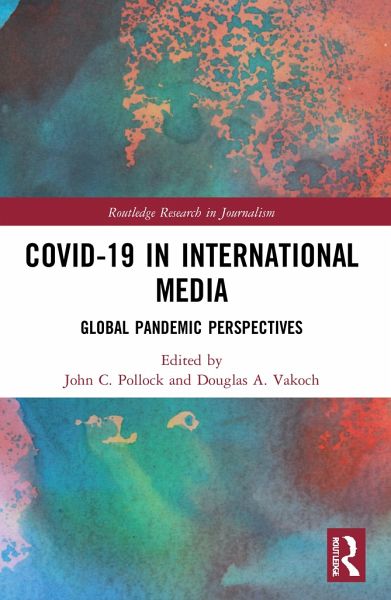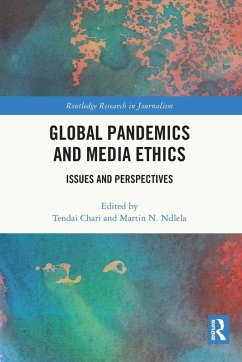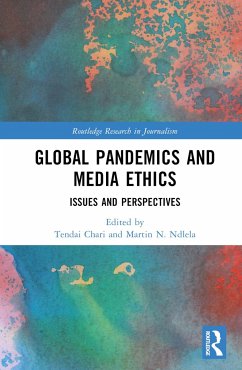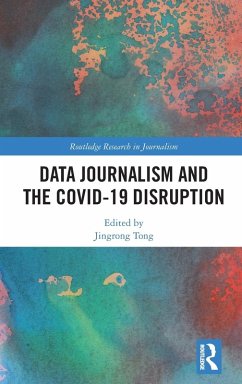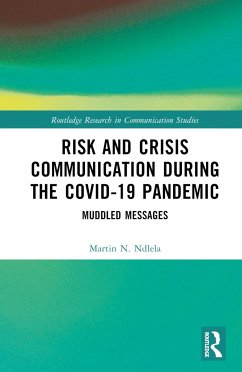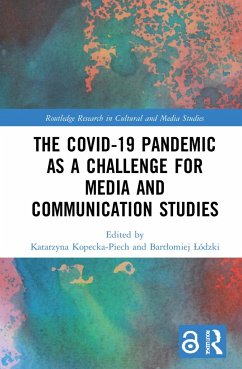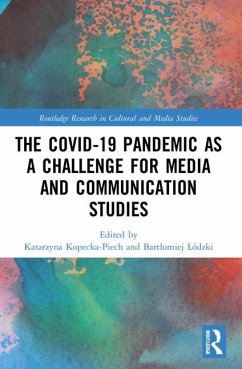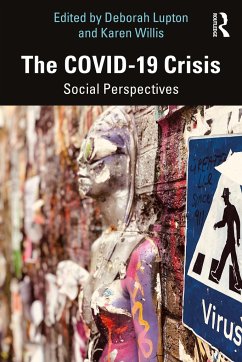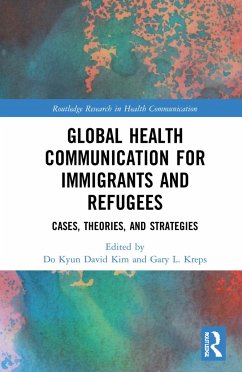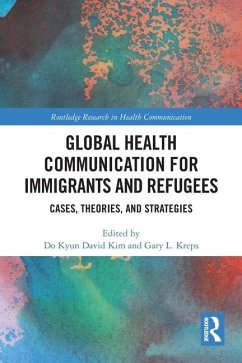"This extremely timely and much-needed study of the media's role in covering Covid-19 provides an excellent global and comparative perspective of how different societies' media are responding to the unprecedented risk brought on by the pandemic. Covering all inhabited continents, it provides fascinating and in-depth accounts of the media's role in the pandemic. This book should be mandatory reading."
University Professor Folker Hanusch, Ph.D., Professor of Journalism, Department of Communication, University of Vienna; Editor-in-Chief, Journalism Studies; Vice-Chair, Worlds of Journalism Study
"Pollock and Vakoch have assembled a formidable collection that demonstrates the richness of
communication theories and analysis for understanding multiple aspects of the COVID-19 pandemic. The book features stellar contributions from around the world that examine the communicative, technological, political and cultural complexities of the pandemic, as well as different government responses and performance."
Dr. Silvio Waisbord,
Director and Professor, School of Media and Public Affairs, George Washington University; Past Editor-in-Chief, Journal of Communication
, 2015-2018"In the midst of a global crisis,
COVID-19 in International Media: Global Pandemic Perspectives presents a rich and timely panoply of the way governments, citizens, and the media around the world have framed the Corona pandemic. An exemplary effort of internationally collaborative scholarship, this book is a must-read for scholars in health communication and journalism as well as in political and strategic communication."
Dr. Thomas Hanitzsch,
Chair and Professor of Communication, Department of Media and Communication, LMU Munich; Chair, Worlds of Journalism Study; Editor of Worlds of Journalism: Journalistic Cultures around the Globe
and The Handbook of Journalism Studies
"A pandemic is a global event, handled and experienced in many different ways in different contexts and creating important global information flows, debates and competitions. Scholarship on communication in pandemics rarely reflects this global character. But here is an exception-a highly diverse collection that explores COVID communication in a wide range of national and transnational contexts across the world, deeply informed by first-hand knowledge of those contexts."
Daniel C. Hallin,
Distinguished Professor, Department of Communication, University of California, San Diego"The COVID-19 pandemic has precipitated unprecedented challenges to society to reduce the spread of viral infection, death, and suffering around the globe. However, some countries did a better job than others in avoiding the (pandemic misinformation) 'infodemic' by using media strategically to mobilize public acceptance of prevention guidelines. This important book examines which media communication strategies worked effectively to help minimize danger from the pandemic, and which mediated communication practices made the pandemic even worse in different parts of the world. There are important lessons to be learned about effective communication and strategic use of media to address important public health threats that this book powerfully illustrates."
Gary L. Kreps,
Ph.D., FAAHB, University Distinguished Professor, Department of Communication; Director, Center for Health and Risk Communication, George Mason University"The COVID-19 pandemic underscores the critical importance of media of all kinds in the precarious efforts to forge a shared understanding of the health threats we all face. With accounts from every continent, this volume carefully and effectively explores the social and political contexts in which media respond to once-in-a-century challenge."
Tim P. Vos,
Professor and Director of the School of Journalism, Michigan State University; Co-author of Gatekeeping Theory
, and President, Association for Education in Journalism and Mass Communication, 2020-2021"COVID-19 in International Media offers an important and timely account of the roles and responsibilities of news and social media in the face of a pandemic of massive proportions. Authors from around the world contribute to a discussion that will for years to come set an agenda for researchers and policymakers alike."
Theodore L. Glasser
,
Professor Emeritus, Department of Communication, Stanford University; Past President, Association for Education in Journalism and Mass Communication"This book delves into some of the continued injurious consumption practices-ecologically insensitive social behavior, wet markets, and environmental destruction-that will continue when the medical hype of COVID-19 is long past, and when the next pandemic will inevitably again punish societies for their inability to adapt to the natural world. The solutions are known, but is anyone listening? The authors of this book explain what needs to be done."
Keyan G. Tomaselli
,
Distinguished Professor, University of Johannesburg; Johns Hopkins Health and Education South Africa Lifetime Achiever's Award; Co-editor, Development and Public Health Communication
"By taking a media sociology approach, the volume teases out not only the impact of media on societies but also the influence of societies on the media... (T)he volume makes a compelling case for why understanding how ecosystem factors affected communication practices during the pandemic can be beneficial in addressing similar outbreaks in the future... The book makes the case that comparative research is more needed than ever. By examining examples from all continents, the volume warns about ineffective and even dangerous approaches to risk communication but also highlights best practices and success stories, arming media practitioners and policymakers with solutions for precluding potential future pandemics and infodemics."
Raluca Cozma,
Professor of Journalism, Kansas State University's A.Q. Miller School of Media and Communication; Associate Director for Undergraduate Programs and Engagement.